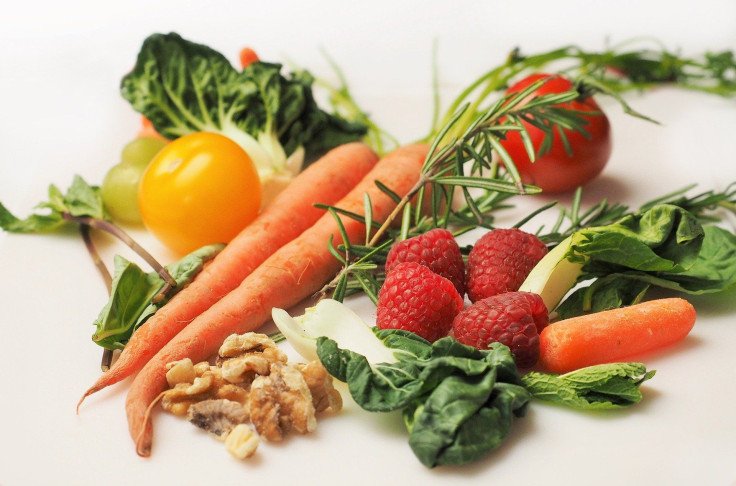Antioxidant-Rich Foods May Increase Colorectal Cancer Risk, Study Warns
KEY POINTS
- Colorectal cancer is the third leading cause of death in the U.S.
- It was believed that antioxidant-rich foods helped lower cancer risk
- But a new study found that antioxidants does the exact opposite
Foods high in antioxidants, like black tea and chocolate, could increase the risk of developing colorectal cancer, a new study says.
Cancer occurs quite rarely in the small intestine. But colorectal cancer is the third leading cause of cancer-related deaths in the U.S. Doctors have always wondered what it was about the colon that makes it susceptible to cancer.
A team of researchers at the Hebrew University of Jerusalem tried to understand the reason for this and they found that although there are cancer mutations, the gut microenvironment plays a crucial role in cancer development.
The gut microenvironment could help the body to fight cancer and prevent it from spreading. But if the gut microbiome happens to produce enormous amounts of metabolites, like those found in certain bacteria and antioxidant-rich foods, it might create a hospitable environment to mutated genes that could speed up the growth of bowel cancers.
One of the major differences between the colon and the small intestine is their levels of gut bacteria. While the former contains multitudes of it, the latter has very few.
"Scientists are beginning to pay more and more attention to the role gut microbiomes play in our health: both their positive effects and, in this case, their sometimes pernicious role in aiding and abetting disease," the study’s lead author Ben-Neriah told MedicalXpress.
Every cell in the human body contains a gene called TP53 which produces a protein called p53 – which acts as the cell’s barrier to suppress genetic mutations. But when this protein gets damages, it can no longer protect the cells. And then the opposite happens – it drives cancer and makes it progress and spread through.
The researchers introduced mutated p53 "cancer-driving" proteins into the gut and found that the small intestine reacted by converting the mutated p53 cancer driver back to its normal form. However, when a mutated version of the protein was introduced into the colon, they remained "cancer-driving" and promoted the spread of cancer.
"We were riveted by what we saw. The gut bacteria had a Jekyll and Hyde effect on the mutated p53 proteins. In the small bowel they totally switched course and attacked the cancerous cells, whereas in the colon they promoted the cancerous growth," Ben-Neriah added.
The study was published in the journal Nature.

© Copyright IBTimes 2024. All rights reserved.






















